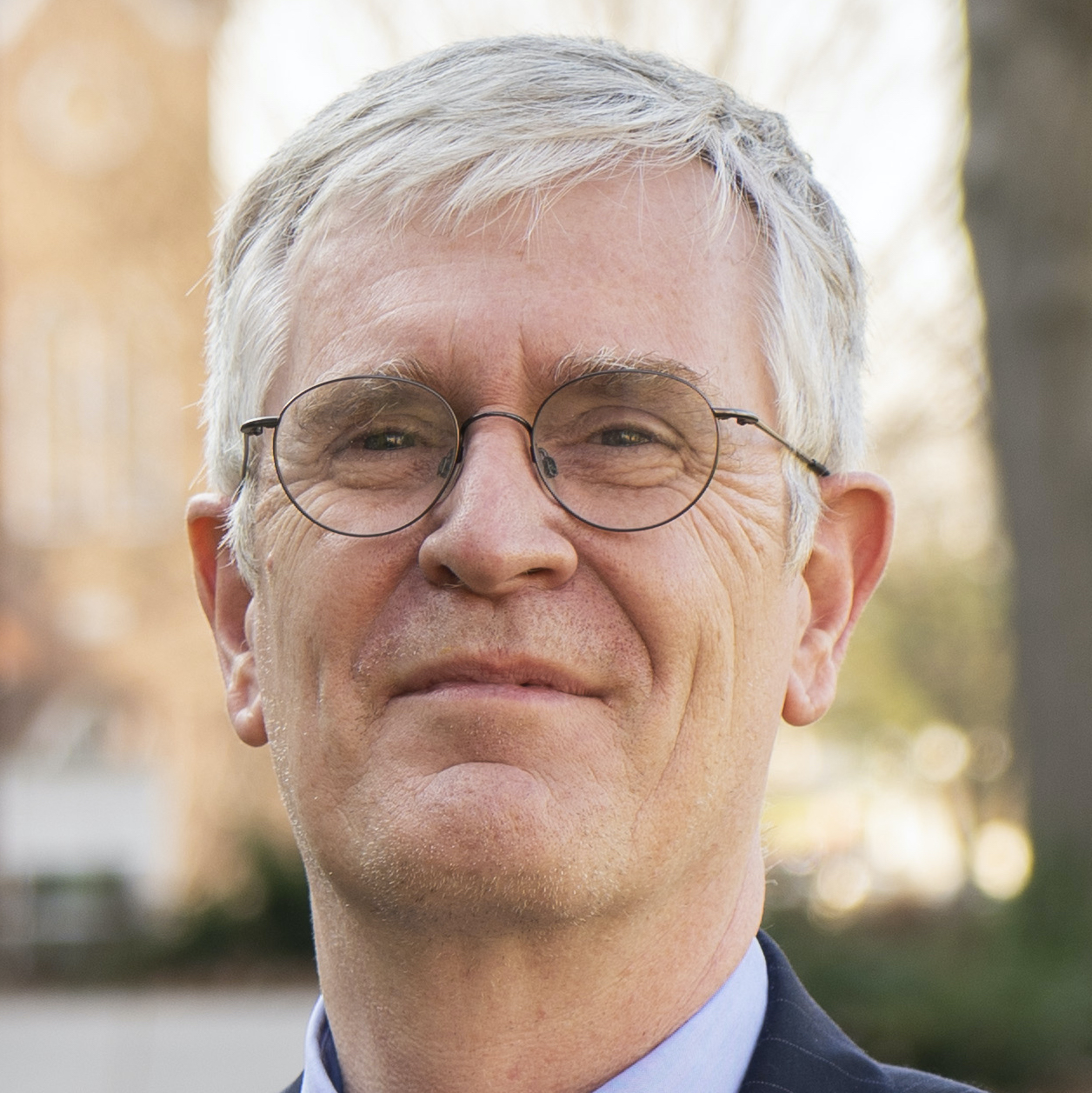
On Feb. 8, 2020, I received the news that the trustees of Lebanon Valley College wanted to make me an offer to be their 19th president. I would be joining a class of new college leaders who were all unaware of what lay ahead.
Our rookie year would be like no other in recent history.
In my two short visits to central Pennsylvania, I had come away feeling a deep sense of pride, commitment, and dedication by the faculty, staff, students, and trustees of the college, in the progress made to date, and with a palpable sense of excitement and hope for the future.
I’m sure my fellow new presidents experienced much of the same in their pre-pandemic final interview. No one could have imagined what we were in for.
More from UB: 5 ways to grow STEM programs into a campus-wide culture
As the country locked down in mid-March, my planned trips to Annville were all cancelled, and attention was turned to planning for the fall. Outgoing president Lewis Thayne provided critical insights and help throughout the leadership transition.
The first version of the college’s reopening playbook was a true collaboration between the two of us, the college’s leadership team and many faculty and staff.
Hope gets you the rest of the way
While nothing can prepare one for a global pandemic, I’ve dealt with an existential crisis before. Fifteen years ago, I was an administrator at Tulane University when Hurricane Katrina struck New Orleans.
Just days after new students moved into residence halls, they were promptly moved back out and contingency planning began. Just like now, in the face of considerable uncertainty, we planned for the worst while hoping for the best.
As we prepared for a return to the engaged and personalized in-person instruction that is the hallmark of Lebanon Valley College, we also prepared for the possibility of another quick pivot.
Our educational technology team already offered a course to prepare faculty for online teaching, but it was revised to reflect the realities of the pandemic. That course, completed by 50 faculty members between 2015 and 2019, was completed by 75 faculty members in 2020.
While most of our contingency plans were discarded by the time our fall semester started, the work was valuable in developing a final strategy. When the positivity rate in our region began to rise, we were ready to send students home a couple weeks earlier than planned to finish the semester remotely.
A year into the pandemic, Lebanon Valley College has yet to lay off or furlough a single employee or cut a single program. We even had our first January term in recent memory to great success.But Katrina taught me that agility in planning only takes you so far. Hope for the future gets you the rest of the way.
The Renewal Plan developed in the aftermath of the storm and approved by Tulane’s board of trustees in December 2005 reshaped the institution in ways that allowed the university to flourish in subsequent years. There was a renewed focus on the core revenue enterprise—the undergraduate experience and a commitment to public service for all undergraduates.
Accelerating forces of change
Like so many other institutions, we are facing continuing uncertainty, but despite that, we are working on a new strategic plan for Lebanon Valley College that will build upon our mission, strengths, and values and one that will allow us to take advantage of post-pandemic opportunities.
More from UB: How to cope with the environmental costs of COVID controls
As hard as it is just to stay the course during a crisis, the lessons of this moment are in fact preparing us for whatever comes next.
I anticipate that the forces of change that were already in play pre-COVID will only be accelerated by the pandemic. Colleges and universities have always played pivotal roles in the economy, and going forward we will sharpen our focus on supporting economic and workforce development in our region.
The resilience required of us now will carry us through to a future in which, I believe, higher education will continue to be vitally important. Students who endured the disruption of so many high school traditions will crave the traditional college experience while more adults will see opportunities to learn new skills and embark on career changes under the guidance of faculty who are now well-seasoned in online education.
James MacLaren is the 19th president of Lebanon Valley College in Annville, Pennsylvania.







